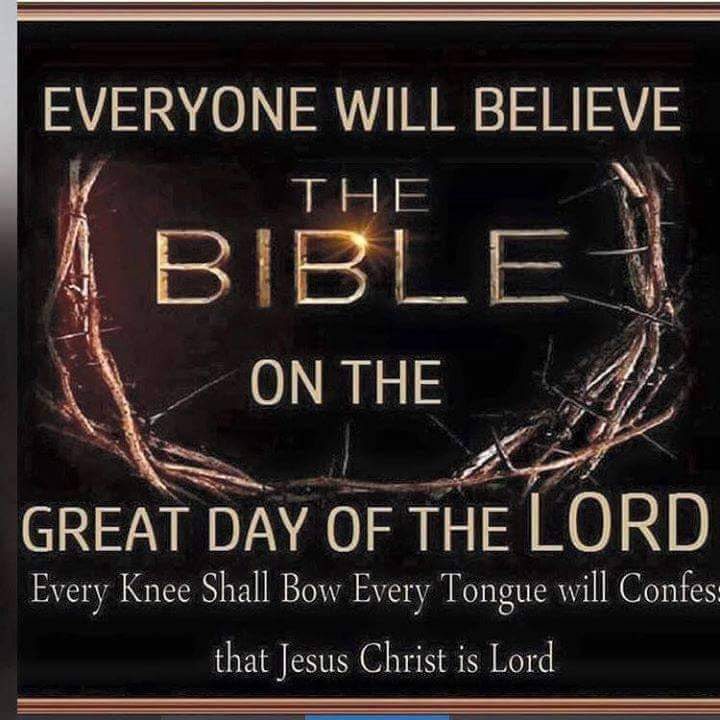In the quest to keep on understanding what led the world to this unprecedented times we are going through, and in the quest to get to know the truth, while we work in depth on our spiritual awakening to raise the world and rise to a higher state of consciousness, with our Lord and true and only God Jesus Christ, it is important to understand the Book of Revelation, a book which we have never been taught, haven’t we? The Book of Revelation is both a prophetic book and a symbolic one, so it cannot be understood at face value.
So, in this series, we will go through parts of this book, as very well explained by Bishop Mar Mari Emmanuel so that we can even understand it historically and future-wise. Why? Because God’s word is for our correction, protection, and direction. Trust God, not people. Depend on God, not yourself. Live for God, not for this world. God over everything in a world where we must live our lives by a simple code: honour God, love your family and your neighbour and defend your children against the wickedness of the evil one. God needs true voices who will open their mouth against wickedness.
“So, the Book of Revelation – we are going to start with Chapter One and we’re going to read from verses one to three inclusive. Here we go. And I’ll see you after two years, for the conclusion of this chapter [giggles].
Revelation 1: 1-3 ‘The Revelation of Jesus Christ, which God gave Him to show His servants – things which must shortly take place. And He sent and signified it by His angel to His servant John, who bore witness to the word of God, and to the testimony of Jesus Christ, to all things that he saw. Blessed is he who reads and those who hear the words of his prophecy, and keep those things which are written in it; for the time is near.’
And our glory be to all our Lord the Saviour Jesus Christ, forever and ever and ever more, amen. Three verses, chapter one of Revelation, verses one to three. It begins with the following: the revelation of Jesus Christ. But before I go into that, I’d like to say a very brief introduction about the whole Holy Bible. We can divide the entire Holy Bible both in its old and new testaments portions into four parts. Four parts of the Old Testament or the Old Testament divided into four parts. And equivalent to it, the New Testament divided into four parts.
The first part is the Book of the Law, Torah, or the Book of Moses [Genesis, Exodus, Leviticus, Numbers and Deuteronomy]. This is the first part of the Old Testament. What is equivalent or in line with it in the New Testament are the four gospels of Matthew, Mark, Luke and John. The second part, you have the historical books. We have the law, the Torah, and then the historical books like the first and second chronicles. These are the Old Testament. The historical book, equivalent to it in the New Testament, is the Book of Acts. This is the historical book of the New Testament. The third part are the poetic books. The poetic books of the Old Testament start with the Book of Job, the Book of Psalms, and then Proverbs, Ecclesiastes, and Song of Solomon. They are five poetic books. Equivalent to it in the New Testament are the epistles of Saint Paul, Saint James, Saint Peter, Saint John and Saint Jude. These epistles are called the Epistles of Teachings. They teach you about Christianity. So, the poetic book in the Old Testament, equivalent to it the epistles of Saint Paul and the other apostles as well. And then we have the fourth part of the Old Testament which is the prophetic books beginning with the prophecy of Isaiah ending with the prophecy of Malachi or Malaki. So these are the prophets and in the New Testament, we have one prophetic book which is the topic of this evening, the Book of Revelation.”
You watch the sermon here.

